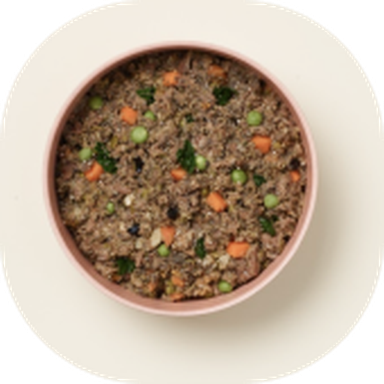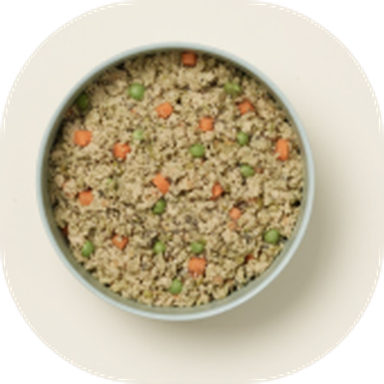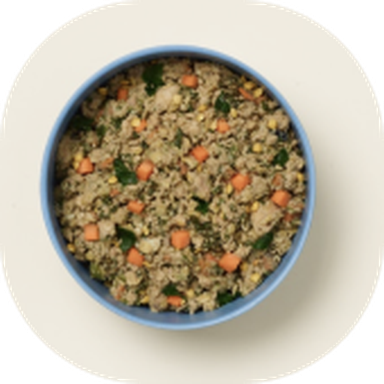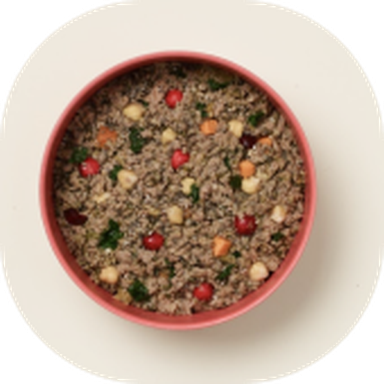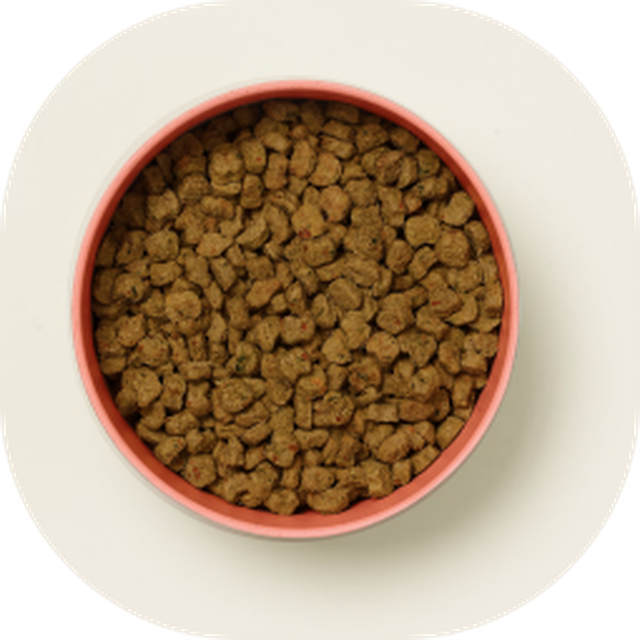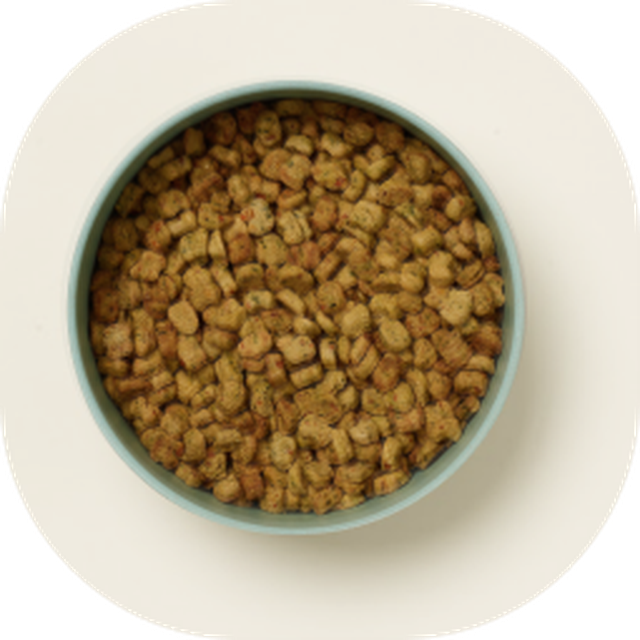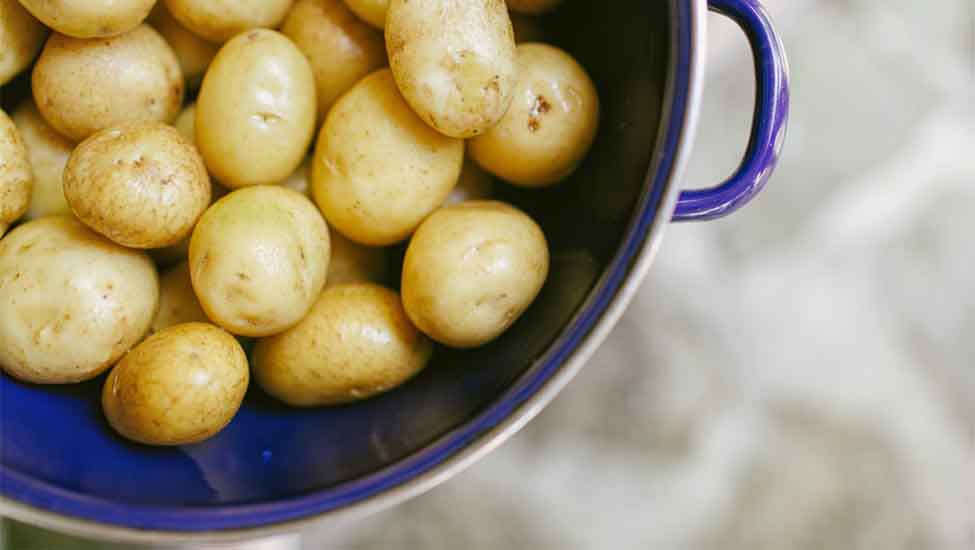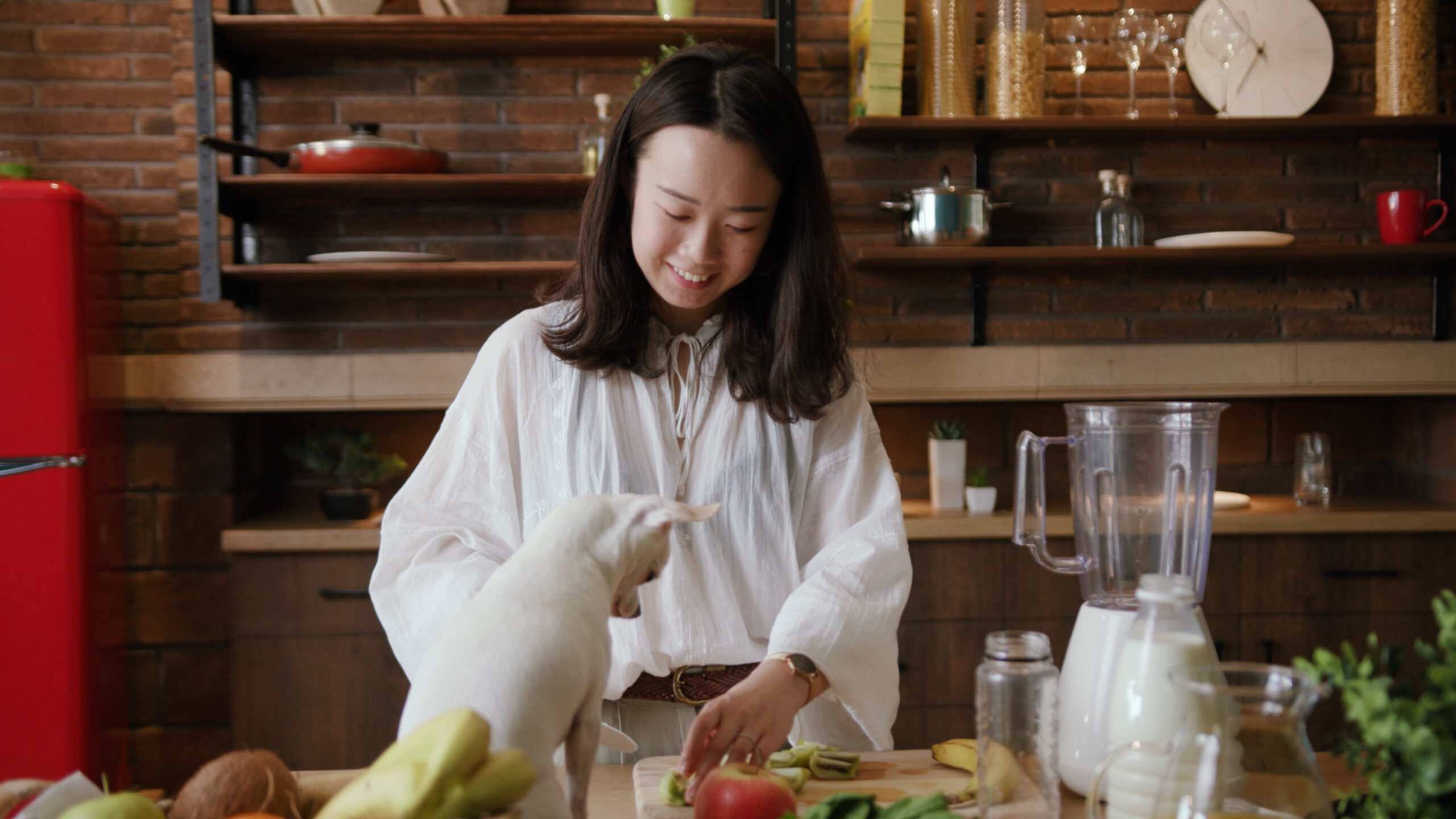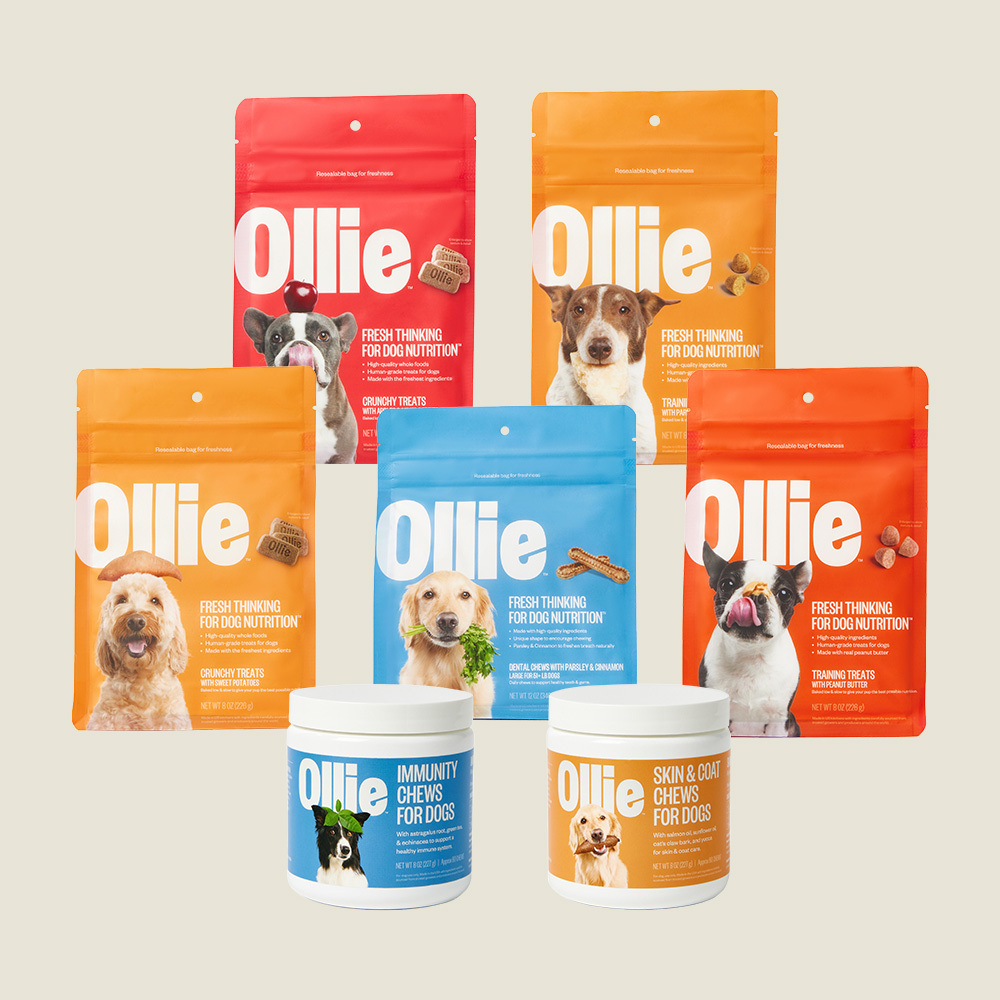Hey Ollie blog readers! We’re offering you an exclusive 60% OFF your starter box! Try now!
Potatoes have a bad rep: They’ve been called names (couch potato!) and they’ve been demonized when it comes to putting them in our dogs’ food. But are the really that unhealthy? Or are we projecting our own issues with carbs onto our pups again? To answer this, we turned to Korinn Saker, DVM, Ph.D., an associate professor of clinical nutrition at North Carolina State University. “I suspect that it is in part consumer concerns regarding the starch associated with white potatoes,” Saker Says. We peel back the layers on this complicated nutritional topic by answering some of humans most common questions about potatoes:
Are potatoes dangerous for dogs?
Raw potatoes contain solanine, which can slow down your pup’s heart, blur his vision and obstruct his digestion—it’s especially prevalent in the sprouts and on the green parts. But as long as they’re cooked, and all stems and shoots are removed before cooking, potatoes themselves pose no risk to most dogs, Saker says. Otherwise, potatoes should be avoided if your dog has hyperkalemia (high blood potassium concentration) or end stage renal disease. And since they can cause blood sugar spikes, they aren’t recommended for dogs with diabetes.
What about potato allergies?
Potatoes are one of the most common allergies reported for dogs—signs include chronic gas, frequent ear infections, bald patches and hives. That being said, many humans think their dogs are allergic to potatoes when they actually aren’t: “There is a very, very low chance of an individual having an allergy to potato starch,” says Saker. If you suspect your pup is allergic, you can do an elimination diet or run a blood test, but they are generally unreliable. In fact, if there is a concern of potential allergies to a grain carbohydrate, potato is a common substitute carb.
Are white potatoes healthy for dogs?
“If prepared correctly, potatoes are a good, acceptable carbohydrate source in a dog’s diet,” she says. They’re very rich in potassium, Vitamins C, B6 and B3, magnesium, iron, copper and fiber, along with antioxidants. In fact, a study by the USDA’s Agricultural Research Service found more than 60 different vitamins and phytochemical in potatoes that support heart health, immunity and protect against cancer. So they’re pretty healthy for pups!
Are sweet potatoes better for dogs?
Sweet potatoes have more starch and provide more fiber, Saker says. Both are high in potassium, but sweet potatoes are a very rich source of beta-carotene (dogs convert this to Vitamin A, which is beneficial for healthy vision and supports a healthy immune system). Sweet potatoes are also rich in anthocyanins, which have health benefits such as antioxidants and anti-inflammatory nutrients. So sweet may be preferable, but that doesn’t mean white ones are necessarily bad.
So what’s the verdict?
If your dog isn’t truly allergic (check with a vet for that one), potatoes are perfectly fine to include in his diet – as long as they’re in moderation. And stay away from raw potatoes and potato chips, no matter how badly your pup wants his own bag.
The Ollie blog is devoted to helping pet parents lead healthier lives with their pups. If you want to learn more about our fresh, human-grade food, check out MyOllie.com.
Tagged As:

The nutrition your dog needs,
the food they want.

Enjoying our articles? Subscribe our Newsletters and get new articles directly to your inbox
You might also like
20 June 2024
6 MINS READ
When to Switch Your Puppy to Adult Dog Food
Your puppy’s life is filled with milestones, including the transition from puppy to adult dog food. We explore when to make the switch and provide helpful tips.
by Ollie Pets
11 October 2023
5 MINS READ
Risks of Home Cooking for Your Dog
Although home cooking for your pup sounds like an intuitive and heartwarming way to serve up optimal health through fresh whole ingredients, there are many things you need to know about homemade f…
26 September 2023
7 MINS READ
How to Choose The Perfect Treat for Your Dog
Treats have a place on your dog’s food pyramid, but they should be given with care and consideration.
